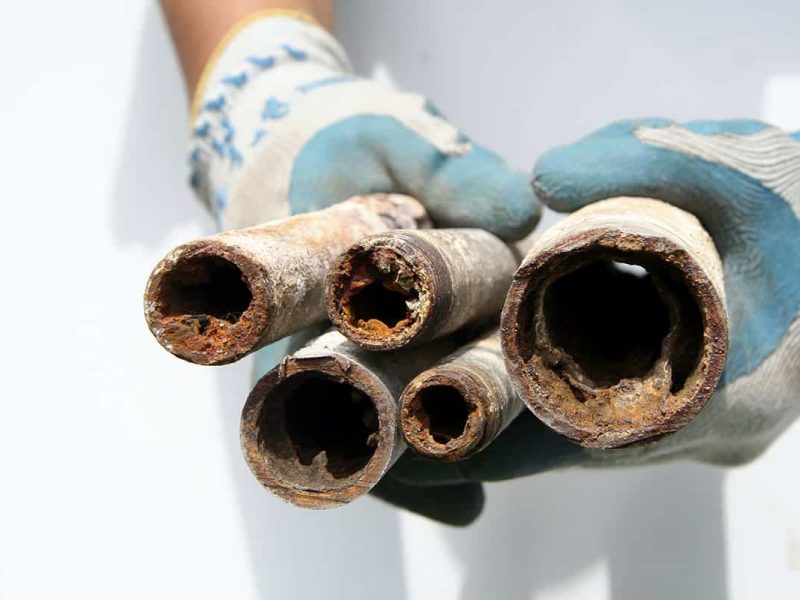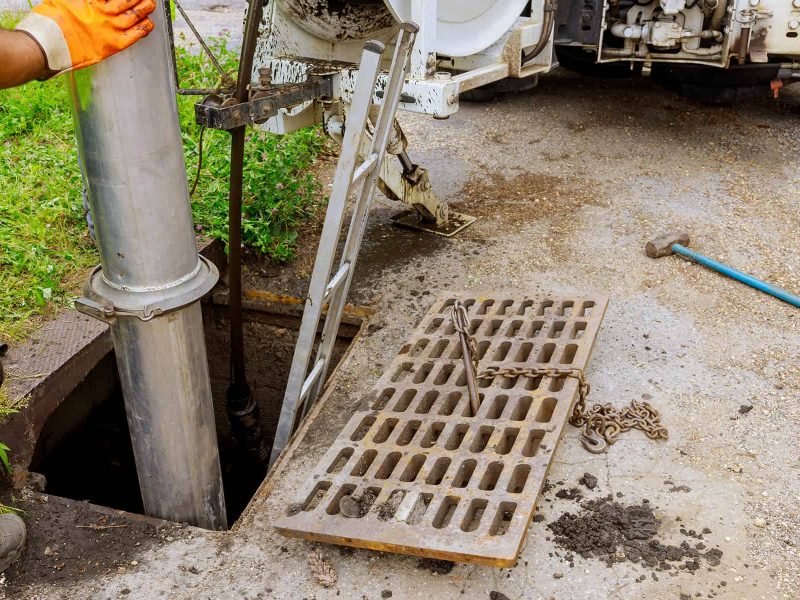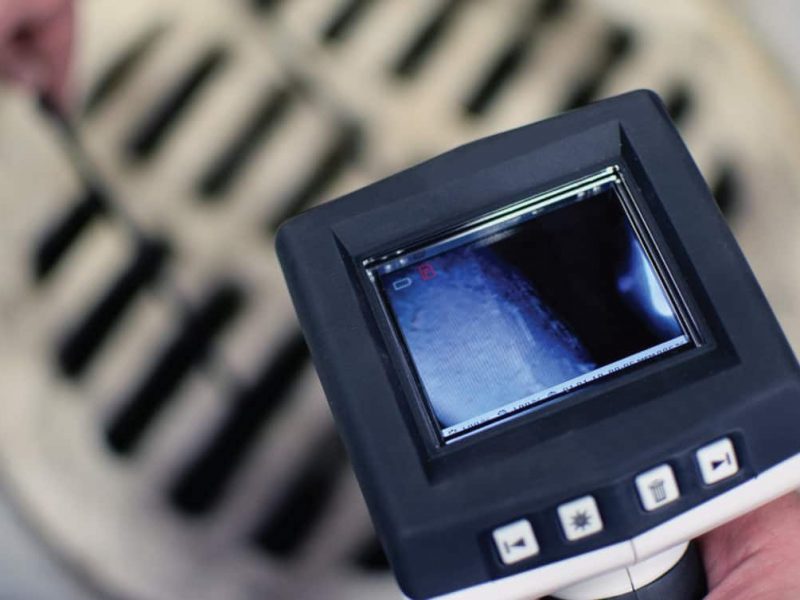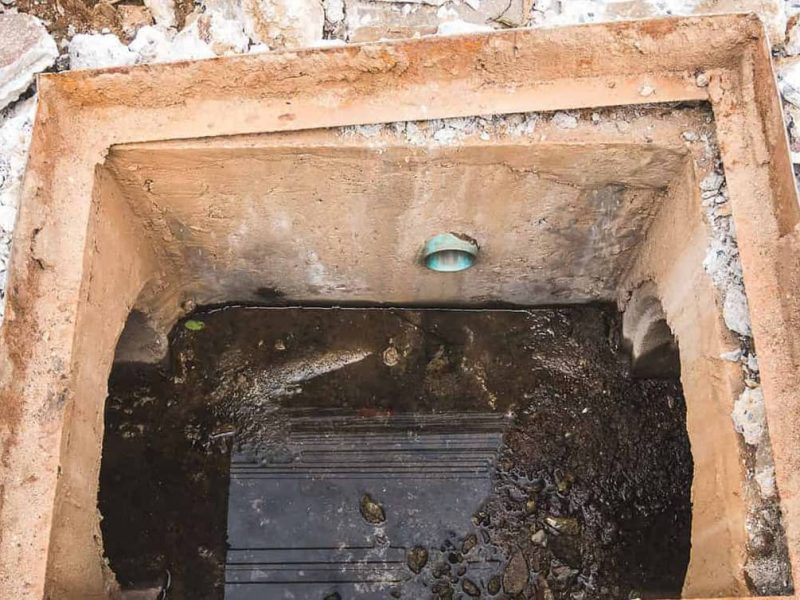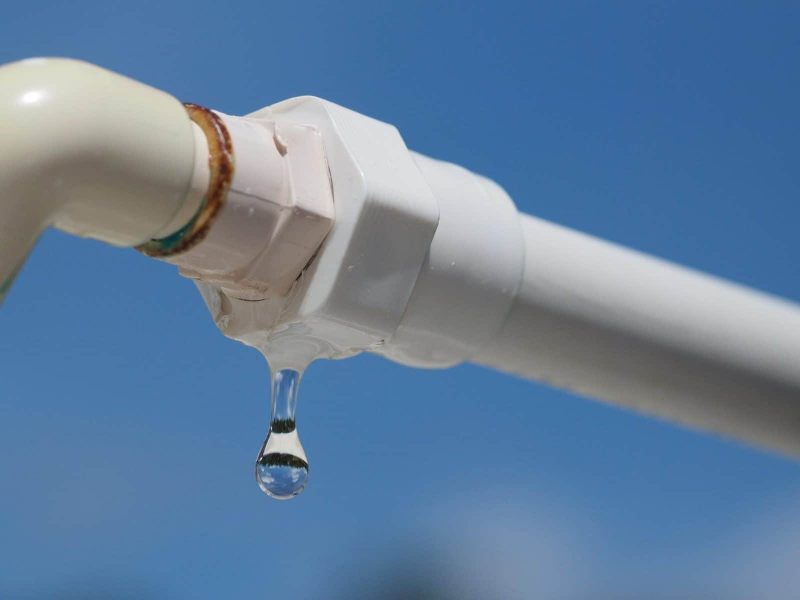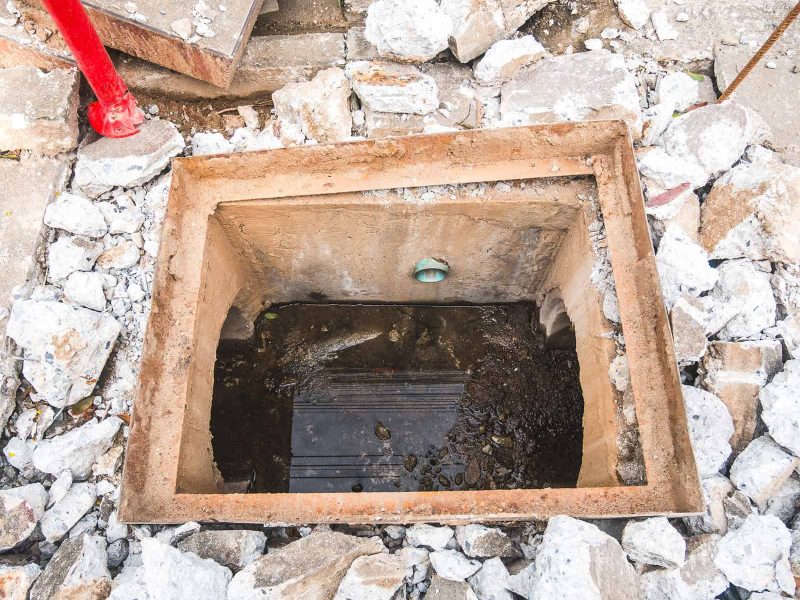The Belgian weather is unpredictable. But one thing is certain: between December and February, freezing temperatures are not unheard of. So you are probably wondering how to protect your house against it, and especially old water pipes. With our handy tips & tricks, you don't have to worry about frost damage!
Water and sewage
As soon as you know that freezing temperatures are approaching, it is best to turn off the main tap. Leave the tap open. This will 'drain' the entire water system. The sewers themselves do not require any extra attention. Only the connections where water can remain are worth paying attention to.
The so-called "odour trap" in washbasins, bathtubs and showers is not sensitive to frost. However, the porcelain water tank of a duoblock toilet and the toilet bowl itself are not resistant to frost. Therefore, it is best to flush the toilet after you have turned off the water. Then the cistern is completely empty.
Also think about your water pipes
Old water pipes can easily be protected from freezing temperatures. You do this by insulating them with glass wool, polyethylene foam or a heating cable. The latter may be the most expensive, but it offers the most certainty that your pipes will be spared frost damage.
How do you do that? For insulation with polyethylene foam, you can use special pipe insulation. Click it over the pipes and that's it. You don't even need tape!
What if it is too late?
Have the cold temperatures caused damage to your old water pipes in your home? One of your pipes has broken down? Then please contact Nu Flow. We treat your pipes with the Nu Flow coating. This technique protects your pipes permanently against corrosion!
How do you 'winterise' your home and old water pipes? Let us know on Facebook!
